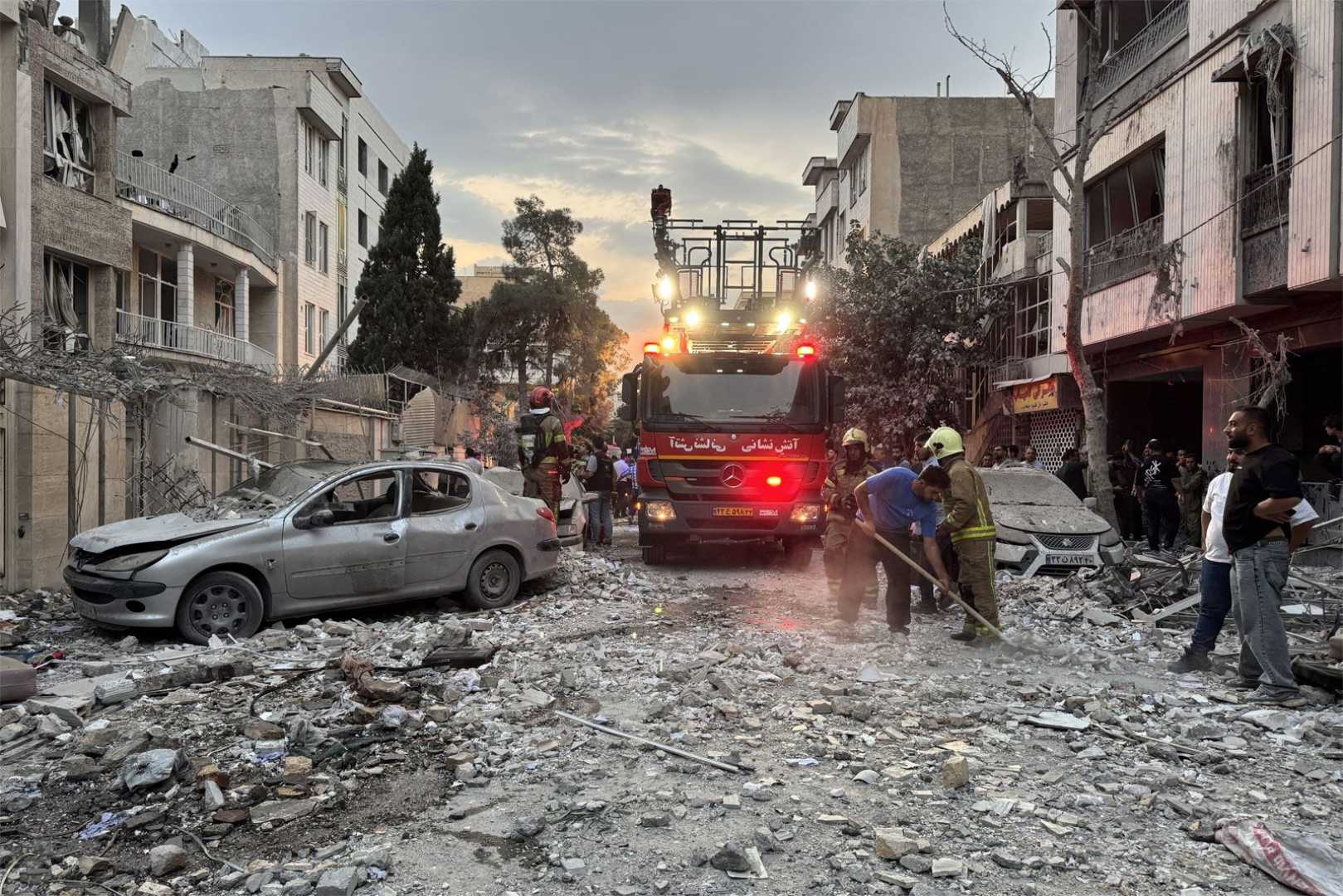News
Israel and Iran Clash Intensifies with Rocket Attacks

Tel Aviv, Israel — On June 14, 2025, tensions escalated dramatically between Israel and Iran as both countries exchanged heavy rocket fire. Israeli Defense Minister Israel Katz warned that Tehran would face devastating consequences if it continued its missile attacks on Israel. “If Ayatollah Khamenei continues to launch rockets into Israel’s rear, Tehran will go up in flames,” Katz stated during a press briefing.
Iranian media reported that Israel conducted further airstrikes on various locations within Iran on the same day, particularly targeting military facilities in the western provinces such as Lorestan, Hamedan, and Kermanshah. The Israeli military confirmed that its aircraft were prepared to continue operations against targets in Tehran, citing successful strikes on anti-aircraft systems around the Iranian capital.
The ongoing airstrikes resulted in air raid sirens sounding in both Tel Aviv and Jerusalem, forcing residents to seek shelter as explosions were reported in Tehran. The Israeli army said its defensive systems were actively intercepting Iranian missiles, and rescue teams were dispatched to several locations across Israel to respond to reported debris falling from the sky.
Amidst this escalating conflict, Pope Leo XIV called upon both Israel and Iran to exercise responsibility and rationality, expressing concern about the worsening situation during a sensitive time. He emphasized the need to commit to creating a secure world free of nuclear threats through respectful dialogue.
Iranian state media confirmed the deaths of two senior military commanders, Generals Gholamreza Mehrabi and Mehdi Rabbani, during Israeli strikes. Reports indicate that at least 78 people, including high-ranking military officials, were killed in bombings since June 13.
On June 14, Iran’s state-run television reported that approximately 60 individuals, including 20 children, were killed in an Israeli attack on residential areas in Tehran. Iranian Ambassador to the United Nations reported 78 deaths and 320 injuries from the initial wave of airstrikes.
Following the Israeli attacks aimed at disrupting Iran’s nuclear capabilities, the Iranian government urged its citizens to unite in defense of the country. Prime Minister Benjamin Netanyahu called on Iranians to rise against their government.
Reacting to the situation, the Iranian Atomic Energy Organization reported minimal damage to its Fordow nuclear facility, stating that most critical equipment had already been relocated to prevent serious fallout or radiation leakage.
Furthermore, reports suggested that Iranian forces successfully shot down two Israeli F-35 jets; however, an Israeli official dismissed these claims as false.
As the conflict continued, alarms across Israel were triggered again when another round of Iranian missile attacks targeted southern cities, including Rishon Lezion, resulting in fatalities and injuries.
Iranian media reported plans to target U.S. military bases in the region as part of their retaliation strategy. Iran’s position remains firm as it asserts its right to respond decisively against perceived aggression from Israel.












